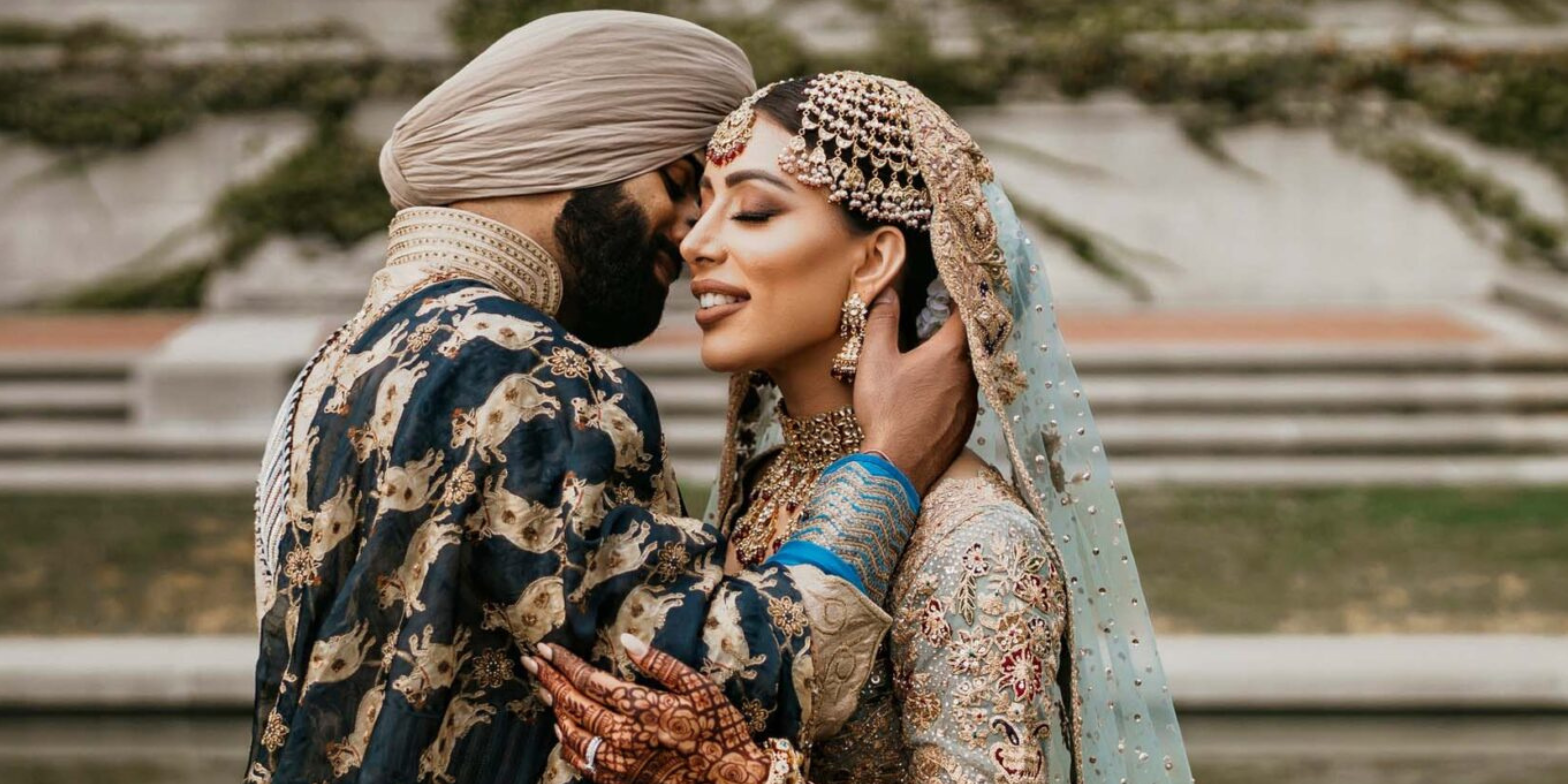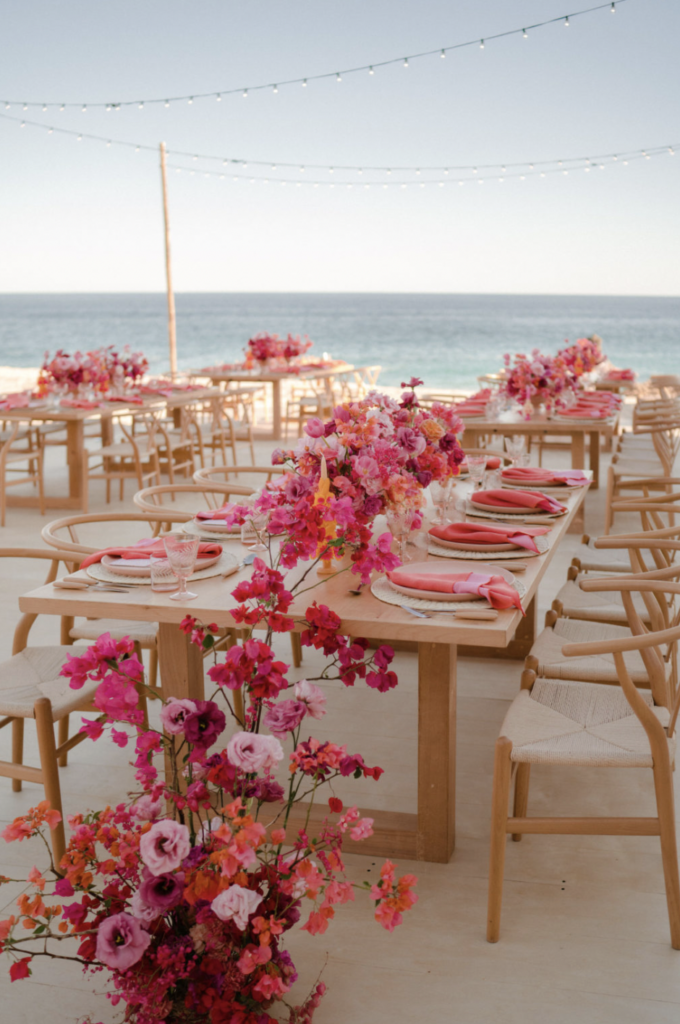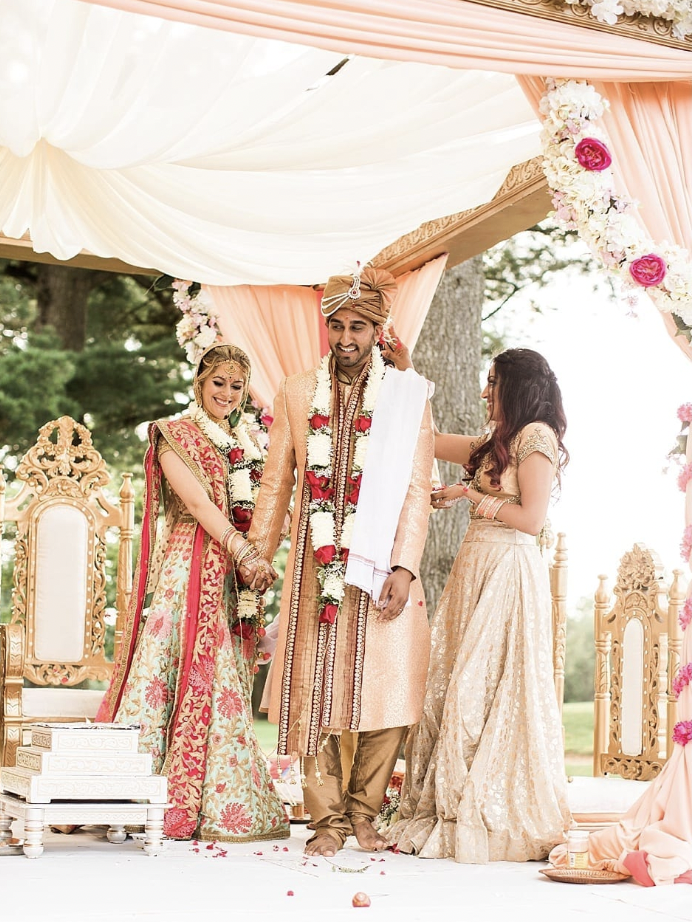- Find a supplier
- All Suppliers
- Accessories
- Beauty
- Cakes & Sweet Treats
- Cars & Travel
- Caterers
- Decorators
- Drinks & Bars
- Entertainment
- Florists
- Gifting
- Invites, Stationery & Favours
- Lifestyle
- Marquee
- Mehndi Artists
- Menswear
- Photobooths
- Photographers & Videographers
- Pre-Wedding Events
- Priests
- Venue
- Wedding Planners & Co-ordinaters
- Womenswear
- My Wedding
- Inspiration
- Supplier Login
- Couples Login
- Couples Sign Up
- Browse Suppliers

Download the Eternity UK App
Plan, enquiry & save on the go.

- Inspiration
- My Wedding
- Eternity Rewards Club
- Planning Partnerships
Menu
- Browse Suppliers

Download the Eternity UK App
Plan, enquiry & save on the go.

- Inspiration
- My Wedding
- Eternity Rewards Club
- Planning Partnerships
Menu
Sign In
Are you a supplier? Click here
Please sign into your account
Fields marked with an asterisk (*) are required.
Create Event
Fields marked with an asterisk (*) are required.
Share Event
You can share your Events with anyone you would like to be a part of your planning process. They must have an existing account to view the Event, and will need to archive any active Events on their account, in order to successfully share this Wedding.
Add Sub Event
Are you sure you would like to delete this event?
By doing this, you will be deleting the event details. You will not be able to retrieve this. Are you sure you would like to continue?
Are you sure you would like to delete this checklist?
Are you sure you would like to continue?
Contact Details
Assign supplier
Add Note
Are you sure to archive this event?
By doing this, you will be deleting this event details. You will not be able to retrieve this event data. Are you sure?
Review & Rating
Delete user?
Are you sure you want to delete all the details for this guest - you will not be able to change the later.
Are you sure you want to cancel your Membership?
If you would like to cancel your Membership, click below to ensure payments are no longer billed to your account. Your profile will remain active until the end of your current billing period.
Are you sure you want to cancel your Membership?
Don’t leave, we will miss you!
If you would like to cancel your Membership, click below to ensure payments are no longer billed to your account. Your profile will remain active until the end of your current billing period.
Would you like to switch to your Membership plan?
Your Membership will override any existing features, if you choose to switch your plan.
This membership plan provides you with the following features:

Are you sure you want to delete your profile?
By doing this, you will be deleting your Profile, Billing and Membership details. You will not be able to retrieve any account data. Are you sure?

















Sign In with
Or sign up here